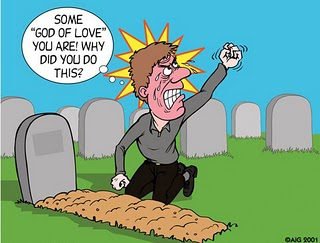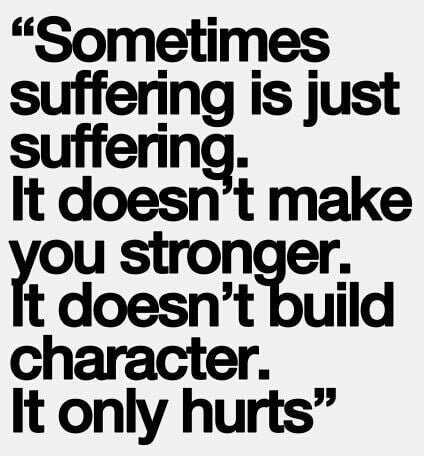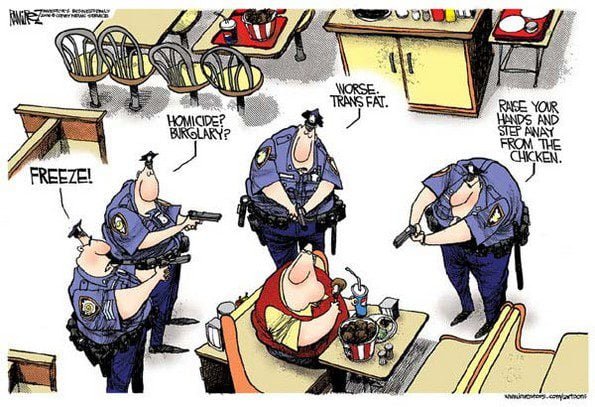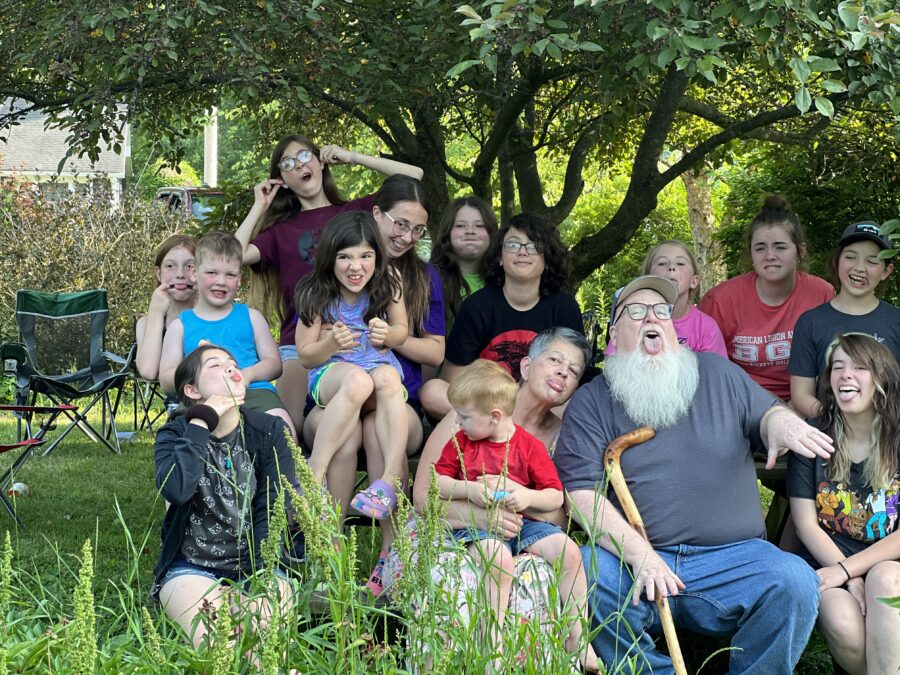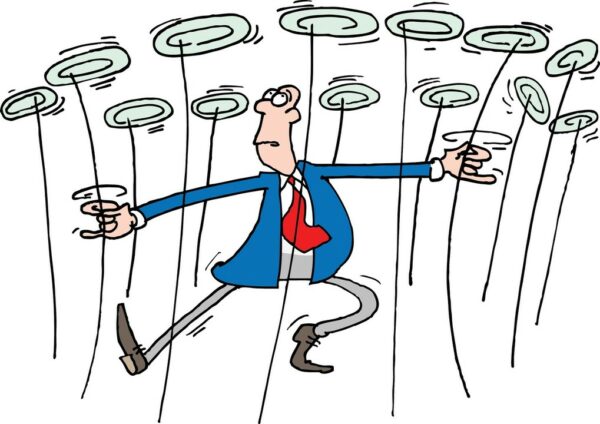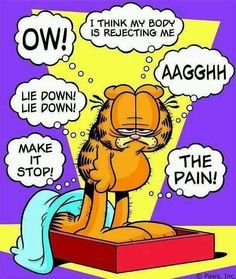
Most people don’t understand chronic pain. They are human, so they understand “pain,” but not pain that comes and never leaves. All of us have faced periods of pain from an injury, illness, or disease, but chronic pain is different. Chronic pain is intractable because it never goes away. Medications, procedures, and treatments may help, but pain eventually returns. No matter what I do, the pain never totally goes away. All I, as a chronic pain sufferer, can do is manage my suffering, and even then, the results are varied.
I’ve been treated for chronic pain for twenty years. Countless drugs, procedures, treatments, and surgeries later, the pain remains. Last August, I had major surgery on my spine that alleviated some of the pain in my lower back. The pain was so severe that I do not doubt that without the surgery, I would have killed myself. Did the surgery “fix” my pain problem? Hell no, not even close. It addressed an issue, for which I am grateful, but one fact remains: there is no cure for my suffering. I know people mean well when they tell me they hope I’m feeling better, but “feeling better” is not an option for me. I have three kinds of days: less-pain days, more-pain days, and I-want-to-shoot-myself-in-the-head pain days. There is never a pain-free day. I function best when I have taken sufficient medication to tamp down my pain to tolerable levels. However, thanks to federal and state laws governing narcotics, I no longer, even with using cannabis, have sufficient daily medication usage that will give me what I need to fully function as a husband, father, grandfather, and writer. Pain doctors don’t help; I’ve seen four pain doctors, without success. My best care comes from my primary care physician, a man who genuinely cares about my well-being. But, he can’t do what he knows his best for me. He is one physician in a corporate practice of hundreds of doctors. The practice has arcane, abusive rules governing the prescribing of narcotics. Five years ago, I was taking the narcotics equivalent of 80 mg of morphine, along with a benzodiazepine for sleep. My pain was relatively managed with this drug regimen. Today? I take 40 mg of morphine equivalent narcotics — half of what I was taking five years ago. I take 20 mg of cannabis at night to help with my sleep, but it is not as effective as benzodiazepines. In other words, I am taking half as much medication to treat pain that is much worse than it was five years ago. I have done all I know to do, so this is my life — day in and day out, without release.
I know that the only cure for my suffering is death. No need to send me unsolicited medical advice, diet suggestions, or anything else you think will magically heal me. I have done my homework, and I have likely tried the very thing you are going to suggest. Do you really think taking a supplement, drinking apple cider, sleeping on magnets, or the latest homeopathic treatment (which is nothing more than water) will cure everything that ails me? What physical power do these things have to make a deteriorating spine rejuvenate itself or cure incurable diseases such as gastroparesis and endocrine pancreatic insufficiency? Give me credit for knowing and understanding my body, and being well educated on the available treatments for my ailments.
I wish my life were different; that I could still run and play with my grandchildren, or work in the yard without spending days in bed recovering, but no amount of wishful thinking will change the fact that chronic pain has crippled me to such a degree that I can no longer do these things. I have accepted that this is my lot in life, and I do everything I can to live another day.
Do you live with chronic pain? Please share your experiences in the comment section. Let’s cry in our beer together. 🙂
Bruce Gerencser, 67, lives in rural Northwest Ohio with his wife of 46 years. He and his wife have six grown children and sixteen grandchildren. Bruce pastored Evangelical churches for twenty-five years in Ohio, Texas, and Michigan. Bruce left the ministry in 2005, and in 2008 he left Christianity. Bruce is now a humanist and an atheist.
Your comments are welcome and appreciated. All first-time comments are moderated. Please read the commenting rules before commenting.
You can email Bruce via the Contact Form.

